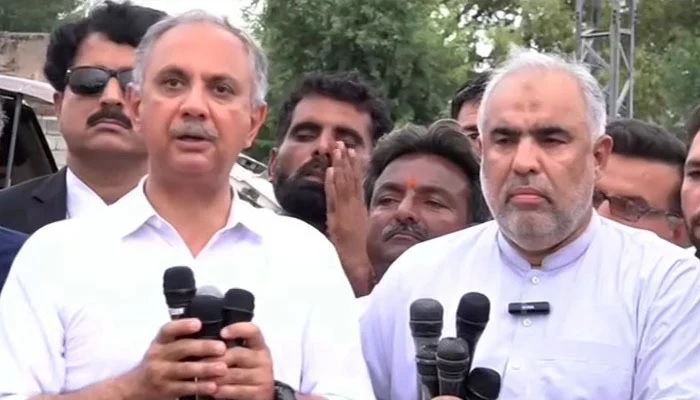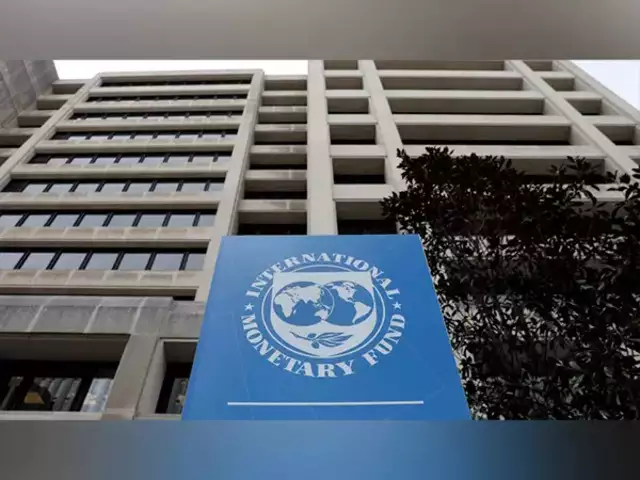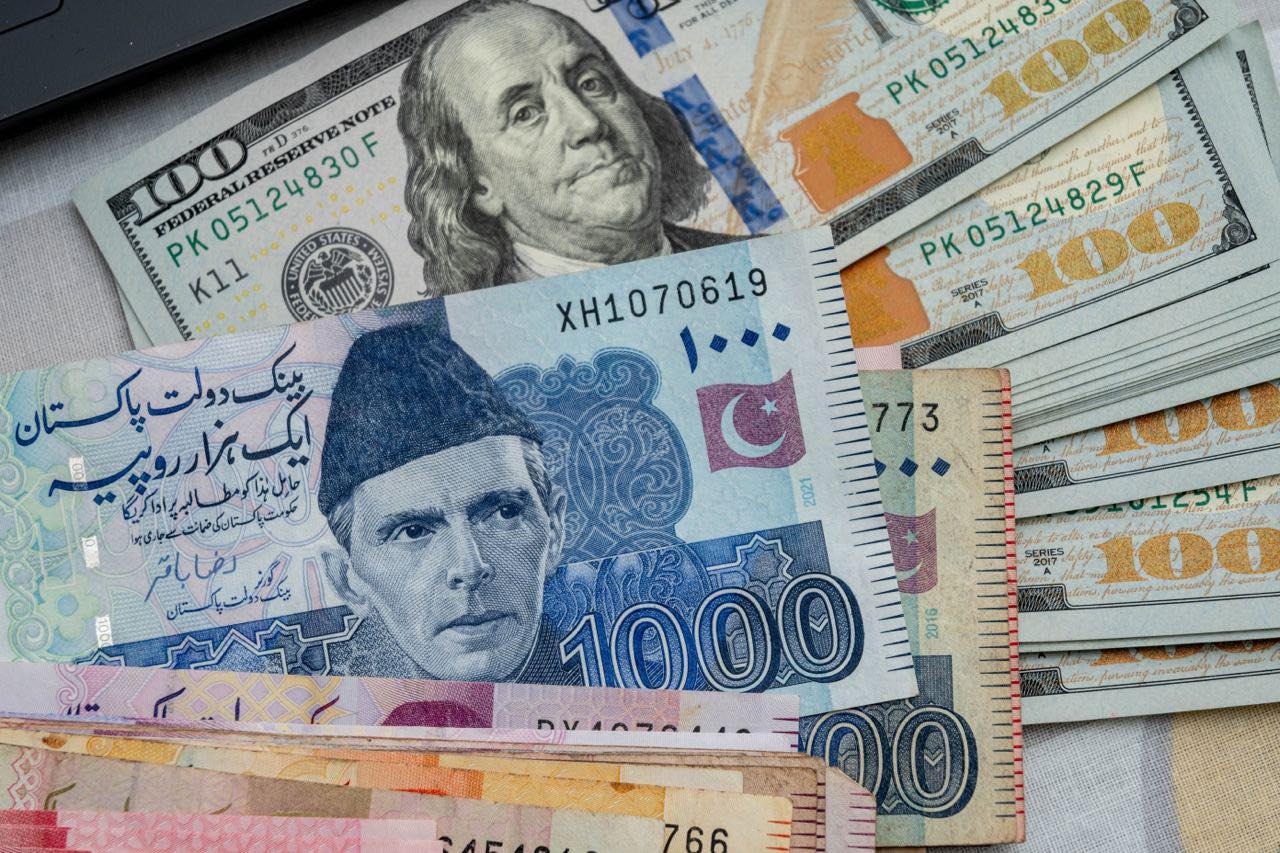PTBP Web Desk
The political front, Punjab Police arrested several senior leaders of the Pakistan Tehreek-e-Insaf (PTI) and Sahibzada Hamid Raza, chairman of the Sunni Ittehad Council (SIC), on Tuesday.
The arrests were made at Rawalpindi’s Adiala jail under Section 144, which restricts public gatherings. The detentions occurred as the opposition leaders attempted to meet PTI founder and former Prime Minister Imran Khan, who has been in custody for over a year.
Prominent PTI leaders Omar Ayub, Asad Qaiser, and Malik Ahmad Khan Bhachar, along with SIC Chairman Sahibzada Hamid Raza, were detained during the visit. The SIC has been a close ally of PTI, with its lawmakers currently operating under PTI’s parliamentary representation. According to reports, the arrested leaders were at Adiala jail to consult with Imran Khan regarding the party’s protest strategies and future political direction.
Aliya Hamza Malik, another PTI leader who was part of the delegation, narrowly avoided detention as she stood at a distance from the other leaders during the police action. This distinction was noted, but no clarification was provided by authorities regarding the selective nature of the arrests.
Before being taken into custody, Omar Ayub, the Opposition Leader in the National Assembly, addressed reporters, stating that the delegation had secured court permission for their meeting with Imran Khan. However, police officials cited the imposition of Section 144 in Rawalpindi earlier in the week, which prohibits assemblies and public gatherings, as the basis for the arrests.
Ayub emphasized the significance of the meeting with Khan, explaining that it was crucial for discussing the party’s protest strategies and future course of action amid increasing political instability in the country.
Police officials justified the detentions by stating that the leaders had violated Section 144, which had been enforced in anticipation of a PTI rally expected in the coming days. The rally was seen as a potential flashpoint for unrest, prompting local authorities to impose restrictions to maintain order.
The arrests underscore the mounting tensions between the opposition and the government, as PTI continues to organize political activities despite Imran Khan’s prolonged incarceration. The enforcement of Section 144 has been a recurring tactic used by the authorities to curb opposition gatherings, drawing criticism from human rights organizations and opposition parties alike.
The arrest of senior PTI leaders and their SIC ally highlights the ongoing political unrest in Pakistan. Imran Khan’s detention, which has lasted over a year, has significantly affected PTI’s leadership dynamics, prompting regular visits by party members to discuss strategies and rally support.
Faraz, the Opposition Leader in the Senate, explained that the meeting with Khan was essential for coordinating their response to the government’s actions and planning future protests. However, the detentions have raised questions about the government’s approach to handling opposition activities and its commitment to democratic principles.
This incident is part of a larger pattern of crackdowns on opposition activities in Pakistan. Imran Khan, who was ousted from office in 2022, has remained a polarizing figure in the country’s political landscape. His party has faced legal and administrative hurdles, with several leaders arrested or disqualified from holding office.
The use of Section 144 to limit opposition gatherings has been criticized as an infringement on democratic rights. While the government cites public safety and order as reasons for imposing restrictions, opposition parties argue that these measures are aimed at stifling dissent and weakening their ability to mobilize supporters.
The arrest of PTI leaders, along with Sahibzada Hamid Raza, is likely to further strain relations between the opposition and the government. It also raises concerns about the unity and effectiveness of the opposition alliance, as the crackdown on PTI leaders may discourage other political allies from actively participating in protests or political activities.
For the SIC, the arrest of its chairman is a significant blow. As a smaller party aligned with PTI, the SIC relies heavily on its leadership for political influence. Sahibzada Hamid Raza’s detention could disrupt the SIC’s ability to coordinate with PTI and effectively represent its interests in parliament.
The arrests at Adiala jail have further intensified political tensions in Pakistan. With Imran Khan’s continued incarceration and the ongoing crackdown on opposition activities, the country faces a challenging period of political instability. The opposition’s response to these arrests will likely shape the political discourse in the coming weeks, as PTI and its allies strive to maintain their relevance and influence.
While the government’s actions are aimed at maintaining order, they also risk deepening the divide between the ruling coalition and the opposition. How these tensions are managed will have significant implications for Pakistan’s political future, as both sides navigate a turbulent political landscape.




